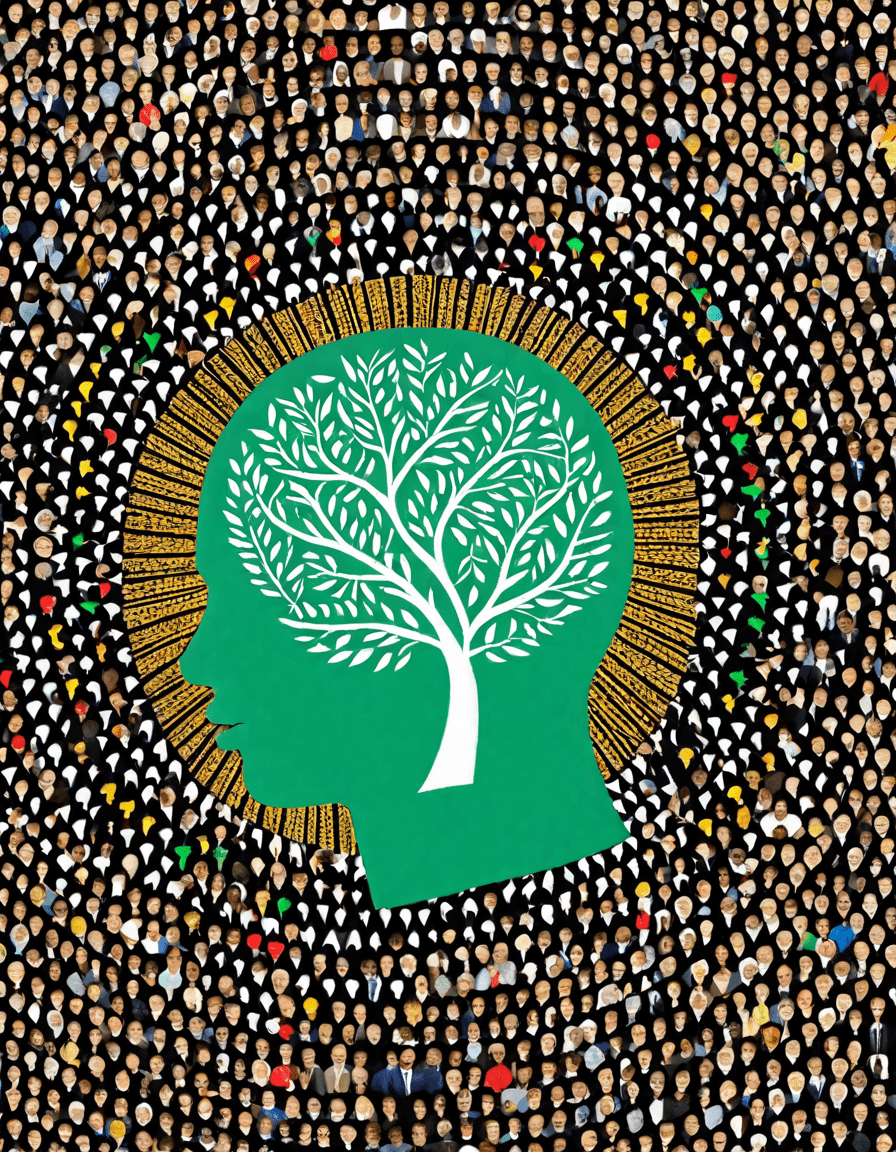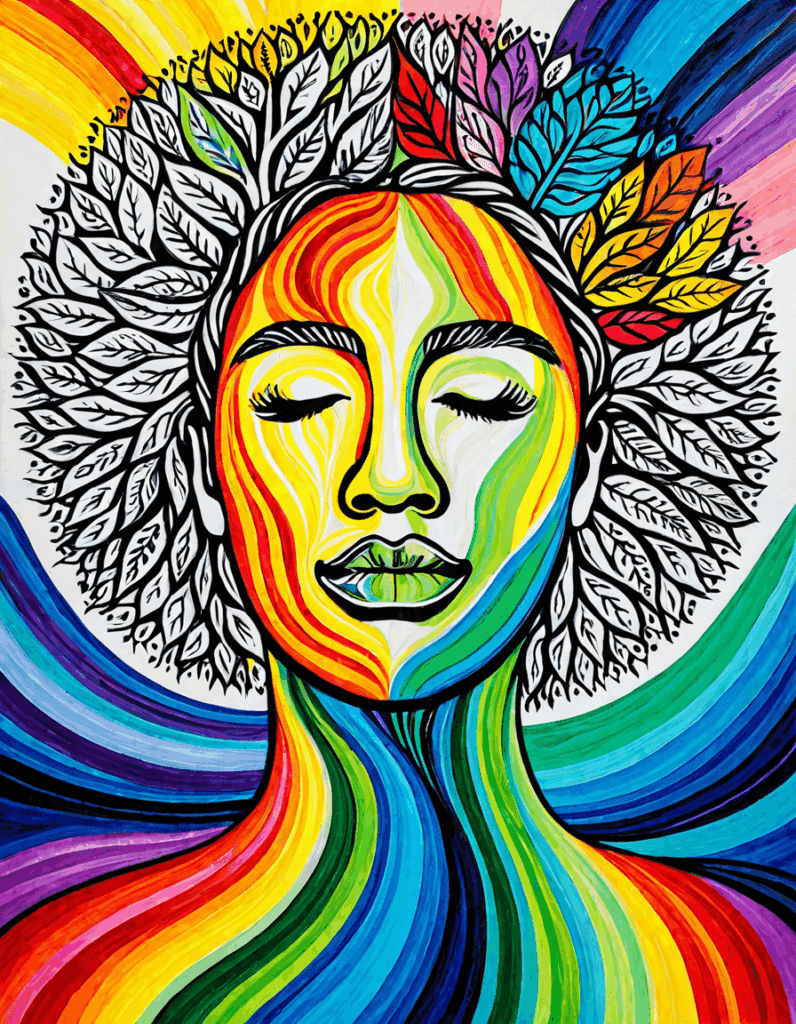Mental health issues aren’t just personal struggles; they affect families, friends, and entire communities. In today’s fast-paced society, the complexity of these challenges has come to the forefront. As parents, particularly those involved with the heartbreaking realities of addiction, understanding these mental health issues is crucial. Recognizing these problems can provide pathways toward healing and community support. Through our work at Mothers Against Addiction, we aim to provide guidance and resources for parents who face the profound challenge of nurturing children grappling with addiction.

Top 7 Mental Health Issues Shaping Our Society Today
There’s no doubt mental health issues loom large in our world today. Here’s a closer look at seven key issues that are increasingly influential in shaping our collective mental landscape:
Anxiety disorders, including Generalized Anxiety Disorder (GAD) and Social Anxiety Disorder, have skyrocketed in prevalence. The World Health Organization reports over 264 million people globally struggle with depression and anxiety combined, a situation worsened by the isolation many felt during the COVID-19 pandemic. Connecting with therapy for mental health becomes essential, where Cognitive Behavioral Therapy (CBT) helps patients reframe those pesky negative thoughts into more constructive patterns.
Depression stands out as a leading cause of disability worldwide. According to the National Institute of Mental Health, around 21 million U.S. adults experienced at least one major depressive episode in 2022. This paints a clear picture of our critical need for accessible treatment methods. Thankfully, innovative platforms like BetterHelp and Talkspace offer new ways for mental health care online, breaking down barriers to treatment from the comfort of home.
The opioid crisis and rising alcohol dependence have brought substance use disorders to the forefront of public health. As of 2023, an estimated 20.4 million U.S. adults face some form of SUD. We must address this mental health crisis through community support initiatives, like those offered by the Substance Abuse and Mental Health Services Administration (SAMHSA), which provide vital resources to aid recovery.
Bipolar disorder, marked by dramatic mood swings, is often misdiagnosed. A recent study showed that individuals might suffer for an average of 11 years before receiving appropriate treatment. Mental health treatment for this complex issue often involves mood stabilizers and psychotherapy, aligning with the need for accurate diagnosis early on. For further reading, check out our exploration of What Is bipolar disorder.
PTSD has gained attention as veterans and trauma survivors seek assistance. Reports indicate that 7-8% of Americans will experience PTSD at some point in their lives. Effective mental health therapy options are available, including Eye Movement Desensitization and Reprocessing (EMDR), which has shown promising results for many individuals struggling with trauma.
With the rise of social media, eating disorders like anorexia and bulimia are on the rise. A 2023 survey revealed a staggering 30% increase in adults seeking treatment for these issues. Adopting family-based therapy has shown remarkable progress, especially among adolescents facing pressures fueled by societal standards of beauty.
OCD impacts around 1.2% of adults in the U.S., leading to significant daily challenges if untreated. This highlights the critical nature of early intervention in this instance. Exposure and Response Prevention (ERP) stands as a top therapy method, improving symptoms for about 80% of patients, reflecting the importance of professional help.

Addressing the Mental Health Crisis: Moving Forward Together
The tide is turning as public awareness of mental health issues grows, showcasing a deep-rooted potential for change. Community mental health initiatives are pivotal in shaping supportive environments. Programs aimed at reducing stigma, like Mental Health America’s “B4Stage4” campaign, encourage us to identify and intervene in mental health issues early.
Moreover, technology continues to transform mental health treatment, bridging gaps that previously prevented individuals from seeking help. Digital health platforms provide not just convenience but a level of anonymity that encourages participation from those who might otherwise withdraw in silence.
Innovative Strategies for Mental Health Care
Exciting advancements in the mental health field include virtual reality (VR) therapy sessions that target phobias and anxiety. Companies like Limbix are breaking ground in providing controlled settings for patients to face their fears alongside trained professionals.
In addition, mindfulness and meditation apps like Headspace and Calm are gaining traction, encouraging daily practices that promote mental well-being. Both of these innovations demonstrate how technology can enhance our lives, forging new paths in our understanding of mental health.
To foster the spirit of togetherness as we navigate through the landscape of mental health, we must lean toward increased education and open conversations. Investment in mental health resources is crucial; our community deserves it. Make sure to check This page for additional tools and support. By breaking down barriers and tackling stigma, we’re empowering one another to confront mental health issues head-on.
Together, we can create an environment where both parents and children experiencing addiction find solace, understanding, and hope for brighter days. It takes a village, and together, we can provide the love and support needed to navigate these turbulent waters.
Mental Health Issues: Fun Trivia and Interesting Facts
Understanding Mental Health Issues
Did you know that about 1 in 5 adults experience a mental health issue? This staggering statistic paints a vivid picture of the challenges many people face. It’s worth mentioning that even celebrities aren’t exempt from this struggle. For instance, actor Ben Affleck has been open about his battles with addiction and the impact it has had on his family, especially his kids. These stories highlight that mental health issues don’t discriminate; they penetrate every walk of life, reminding us that support is crucial.
Moreover, there are various disorders that fall under the umbrella of mental health issues, one being bipolar disorder. It’s important to understand what bipolar disorder is because it affects mood regulation and can lead to drastic shifts between manic highs and depressive lows. It’s a good conversation starter—much like the recent episode of The View, where they discussed mental health awareness in a lively debate. Engaging discussions can help break the stigma surrounding these topics.
The Impact of Substance Use
Speaking of stigma, the correlation between mental health issues and substance use is significant. Many folks wonder, Is drinking alcohol a sin? It’s a question that leads us into a deeper dialogue about coping mechanisms and the societal pressures surrounding substance use. For some individuals, using substances can feel like an escape but may worsen their mental health issues, contributing to a vicious cycle that’s hard to break. For instance, naltrexone is often prescribed to help combat addiction, but like many medications, it comes with its own set of side effects. Understanding the side effects Of naltrexone can help individuals make informed decisions about their treatment journey.
On a lighter note, did you know that the right sweatpants can make a big difference in how comfortable we feel during self-care days? Pro Club sweatpants have gained popularity for their cozy fit, allowing people to relax while tackling their mental health. Speaking of relaxing, activities that promote mental wellness, like art therapy or meditation, encourage creativity and self-reflection. This is where the likes of creative personalities, such as Pat Smear and Lily Starfire, inspire us to express emotions that often remain locked away. Engaging with creative outlets can be a powerful means of managing mental health issues, fostering not only expression but also community and understanding.





























